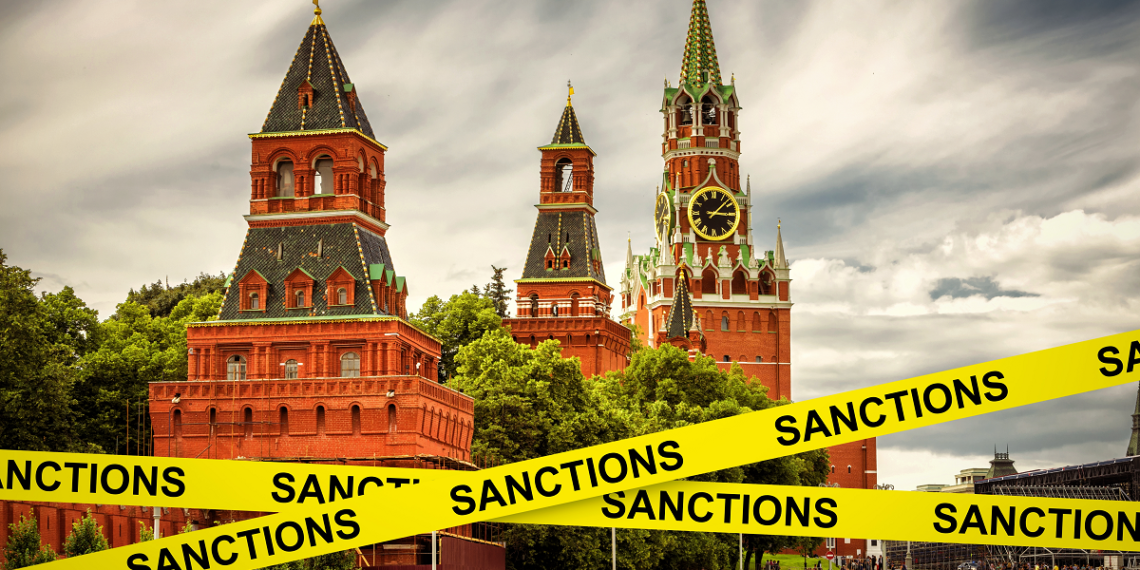Rishi Sunak plans to impose additional sanctions on Russian imports, particularly aluminium, nickel, and copper, the British Prime Minister said in a recent bold address at the G7 in Hiroshima, Japan.
The newly announced sanctions will legislate pre-existing bans on Russian imports after the UK had already imposed an additional 35% tariff last year.
“I’m hopeful and confident that our partner countries will follow, as they have done when we’ve done this previously, that will make the sanctions more effective, [and] ensure that Russia pays a price for its illegal activity,” the prime minister said.
The UK government said it was also planning to target 86 more individuals and companies connected to Russian Leader Vladimir Putin, including people who were “actively undermining the impact of existing sanctions”.
The sanctions run in line with restrictions imposed by the UK last March, where the announcement of additional 35% tariffs on imports of certain Russian metals was originally made. The tariffs intended to remove Russian imports from the UK market.
Four months later in July 2022, this was followed by the implementation of another 35% top-up duty on imports of Russian nickel, which postponed the import of nickel from PJSC MMC Norilsk Nickel that had arrived in LME-listed warehouses in the UK, according to S&P Capital.
Back then, Russian materials stored at British warehouses in Hull and Liverpool comprised less than 0.5% of the exchange’s 56,350 metric tons of nickel stocks held worldwide.
The sanctions will also affect billionaire oligarchs who own Russian metals companies.
Together, these actions fuel pressure on Russia’s metal industry and has a wider impact on the operation of other sectors such as transport and energy.












